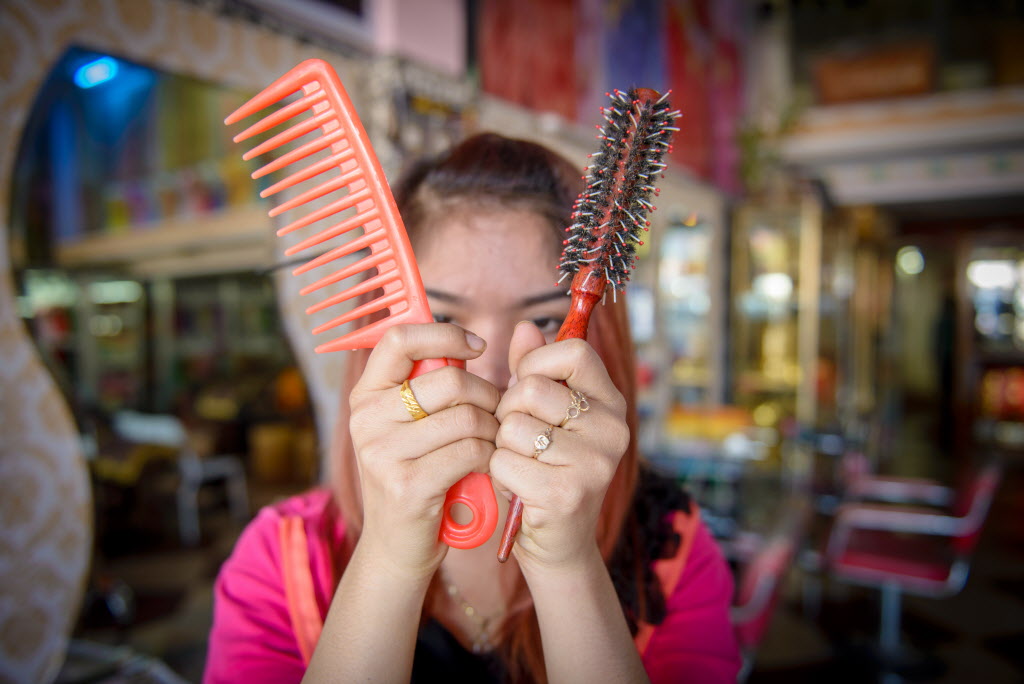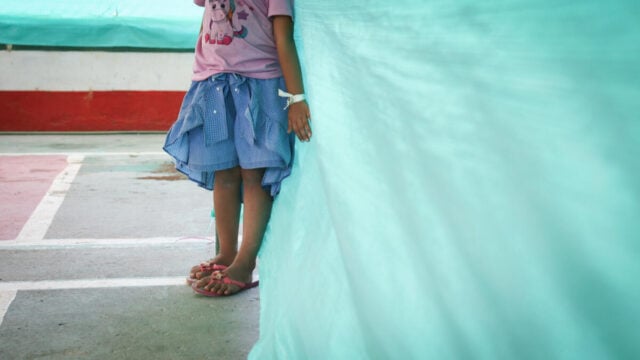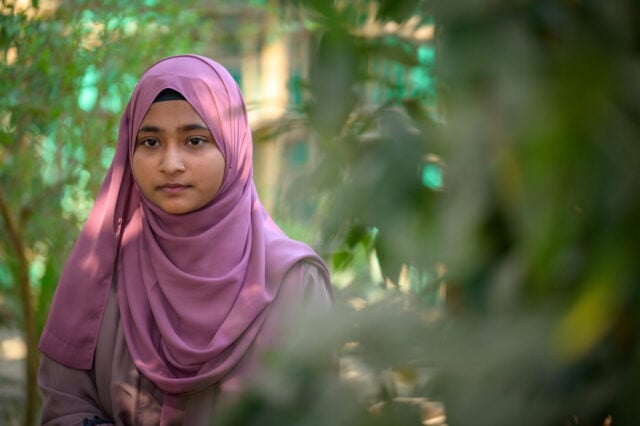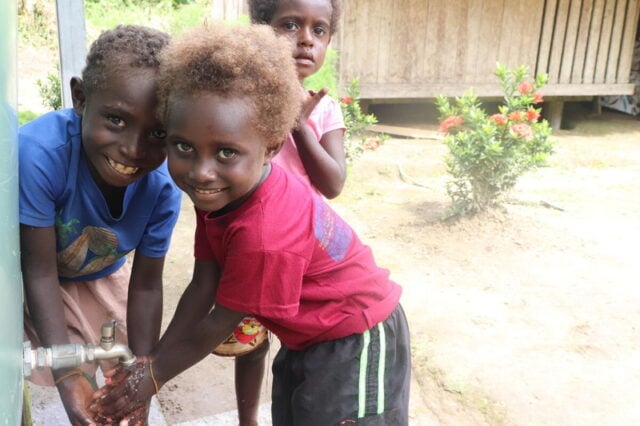Kolab’s* life was tough. A teen in Cambodia, she and her family lived in poverty.
Her father worked as a day laborer for a while, but then couldn’t find work; her mother had to support her three daughters and one son by herself.
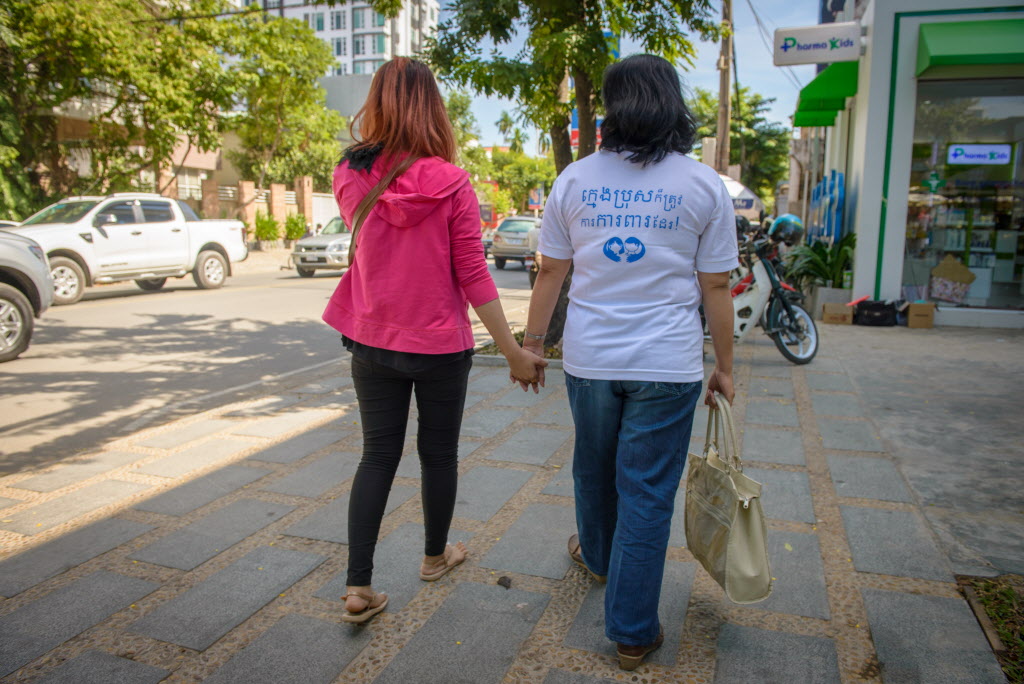
Deceived and trapped
Kolab (*name changed to protect identity) wanted to help her family financially. She heard from a friend who worked at a coffee shop in Phnom Penh and decided to get a job there.
What she didn’t know was that the café was a cover for a brothel.
That’s how traffickers operate. They live among villagers — and if they can recruit one girl, she can recruit others.
‘No one would value me if they knew I did that job’
Kolab realized almost immediately the true nature of the work, but her family was in need.
She borrowed money from the brothel’s owners to send to her family, but this obligated her to do what they said to pay off her debt.
Throughout her time in the brothel, she lived in constant fear of being mistreated. “I wasn’t happy,” she says. “No one would value me if they knew I did that job.”
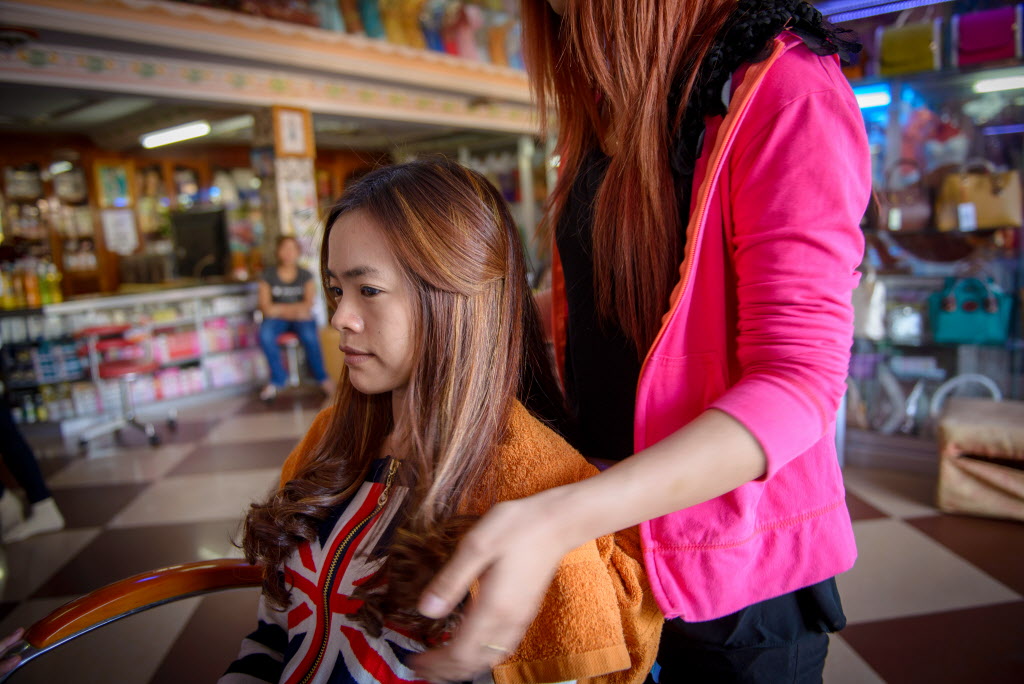
The global reach of human trafficking
Human trafficking is modern-day slavery, affecting nearly 21 million people worldwide. It affects nearly every country on earth, either as a point of origin, transit, or destination.
While global efforts have made some progress in increasing the number of survivors identified and assisted, as well as the number of prosecutions and convictions of traffickers, there is still much to be done. According to 2015 Trafficking in Persons data, increases in identification, prosecutions, and convictions have remained relatively stagnant since 2011.
“While stories like Kolab’s are sadly not uncommon, it is important to note that trafficking affects men, women, boys, and girls across the globe — for both sexual and labor exploitation,” explains World Vision child protection expert Matthew Stephens.
“Without increasing investment and efforts to prevent all forms of trafficking and exploitation, we will continue to see this crime perpetrated again and again.”
Recovery from the horror of trafficking
After a police raid at the brothel, Kolab was sent to World Vision’s Trauma Recovery Center. The center provides counseling, education, and vocational training for girls, while also working to reintegrate them with their families and communities.
At the center, Kolab met a World Vision staff member named Kim Sin. Kolab and the other girls called her “Ma.”
“I felt warm and so happy when I learned that the center’s staff cared about me,” Kolab explained.
As part of the rehabilitation, World Vision arranged for Kolab to join a training program at a local beauty salon. Kim says that of the seven girls who came to the center at the same time, Kolab had the most commitment to learn.
Last year, Kolab completed her time at the center and now lives with friends.
Because of her dedication to her new life, Kolab often reaches out to Kim for advice and encouragement; Kim is like a second mother to her.
From enslavement to a future of promise
Kolab’s parents pressure her to return home so she can take care of them. She remains loving but is firm with them, saying, “I miss you, but I can’t afford not to learn a skill.”
After five more months of training, Kolab can become a salon supervisor; her ultimate goal is to have her own beauty shop.
Kim says of Kolab, “I see her character and patience.”
That patience, character, and determination have helped Kolab walk through the horror of trafficking and into a future full of promise.
How you can help
- Join us in praying for children vulnerable to human trafficking. Pray for better practices and protections for children. Pray also for individuals and organizations working to prevent child trafficking and helping survivors recover.
- Make a donation to help fight human trafficking. Your gift will help support our efforts to ensure safe places for trafficked and vulnerable children; provide counseling and vocational training to help trafficking survivors recover; reunite trafficked children with their families when possible; and support the appropriate authorities to identify, investigate, and prosecute traffickers.
